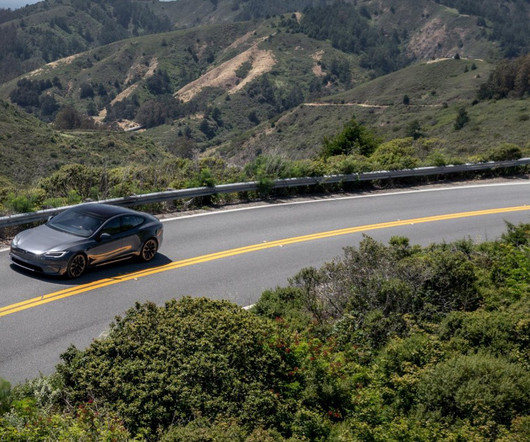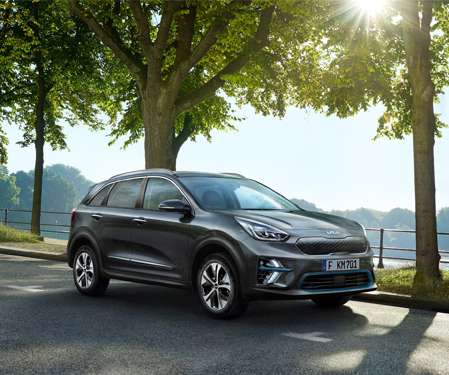UC Davis researcher finds ride-hailing EVs offer triple the emissions benefits of a personally owned EV
Green Car Congress
JULY 9, 2020
Replacing a gasoline-powered ride-hailing vehicle with an electric vehicle can deliver three times the carbon benefits of a personally owned electric vehicle, according to a study by a University of California, Davis, researcher of Uber and Lyft data. The paper is published in the journal Nature Energy. —Alan Jenn.












Let's personalize your content